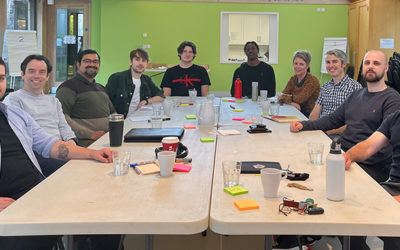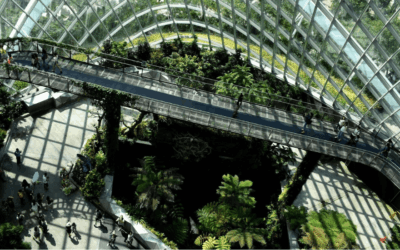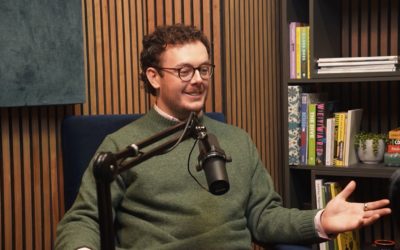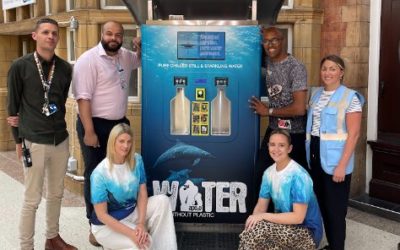
OUR RESOURCES
Check out our latest case studies, blogs, reports, podcasts and events.

FUTUREPLUS 2024 IMPACT REPORT
COMMITMENT IS THE CORNERSTONE OF OPTIMISM

FEATURED CASE STUDIES
BUSINESS OF EVERY SIZE ARE USING FUTUREPLUS TO TURN AMBITION INTO MEASURABLE IMPACT

NEWSLETTER SIGN UP

RESOURCES
- All
- Case Studies
- Guides
- Podcasts
- Reports
- Blogs
Many ESG reports are technically compliant and full of data, yet still fail to build real confidence with the stakeholders who matter most. The problem is rarely effort or intent. More often, it is structure. As ESG reporting has evolved from a voluntary...
You've set your goals. You know what you want to achieve. You've identified your quick wins and your strategic projects. You've got momentum. Now comes the hard part: actually making it happen. This is where most sustainability initiatives fall apart. Companies set...
RESOURCES
- All
- Case Studies
- Guides
- Podcasts
- Reports
- Blogs
Many ESG reports are technically compliant and full of data, yet still fail to build real confidence with the stakeholders who matter most. The problem is rarely effort or intent. More often, it is structure. As ESG reporting has evolved from a voluntary...


















































